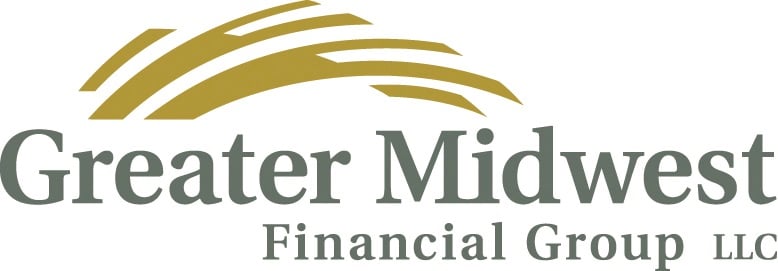
If you’ve been diligently saving for many years, received an unexpected financial windfall, owned a successful business, or have simply amassed wealth, it may be a good idea to consider wealth management. Because this is a service that is generally reserved for high-net-worth individuals, many people are unclear about what a wealth manager is and what they do. We’ll go over the basics here.
What is a Wealth Manager?
A wealth manager is similar to a financial advisor, but generally focuses on higher-net-worth individuals and families. They provide a variety of services with the goal of growing and preserving wealth over the long term – typically, the duration of a client’s life.
What Does a Wealth Manager Do?
Wealth managers advise clients on how to invest their portfolios to maximize financial gain. They also help clients plan their finances in order to meet financial goals. Wealth managers may also offer other services, including estate planning and tax services.
After an initial meeting, a wealth manager will design a personalized plan for the client. The plan will include strategies to meet the client’s financial goals, and to deal with any potential hurdles or concerns.
Do I Need a Wealth Manager?
If you have a net worth above $250,000, $500,000 or $1 million, wealth management may be a valuable investment. This is especially true if your financial situation is complex, or if you need assistance with a specific aspect of financial management, such as stock options, concentrated wealth, or business ownership.
In addition, people who are in the later years of life may benefit from wealth management to help navigate legacy planning, charitable giving, and other estate planning options.
How Should I Choose a Wealth Manager?
When searching for a wealth manager, start with references. Speak to personal and professional contacts, such as accountants and attorneys, and meet with several candidates before selecting one.
A wealth manager may have one of many different professional designations. These include Chartered Financial Analyst (CFA), Certified Financial Planner (CFP), and Chartered Wealth Manager (CWM). The degrees, credentials and experience required for each vary.
The most important credential to look for is whether a potential wealth manager is a fiduciary. This requires the wealth manager to put their client’s interest above their own or their employers’.
You will also want to ask about fees before entering into a wealth management agreement. Make sure all costs and fees are laid out up front. Some wealth management firms wrap investment, financial and estate management into a single annual fee, making it easier to keep track of costs.
Several Greater Midwest Financial Group wealth managers have been recognized as Five Star Wealth Managers by Five Star Professional, Mpls.St.Paul Magazine and Twin Cities Business. We have the skills, experience, and qualifications to help you achieve your financial goals. Contact us today to learn more and get started.
Greater Midwest Financial Group is a financial advisor firm serving St. Paul, Minneapolis and the wider Twin Cities area. We specialize in wealth management, retirement planning, asset management and other personal finance needs.
Source: Rolling Stone, “Wealth Management: Do You Need A Wealth Manager?”
Photo by Vlada Karpovich



